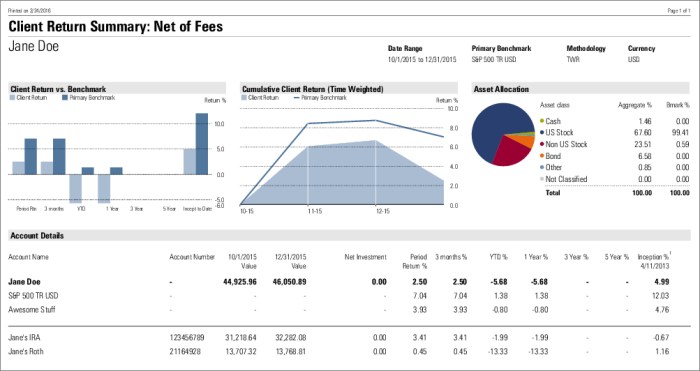Tess of the d’Urbervilles Quotes with Page Numbers presents a comprehensive collection of significant quotes from Thomas Hardy’s renowned novel, offering insights into the novel’s themes, characters, and symbolism. Each quote is accompanied by its page number, providing readers with easy reference to the context within the novel.
This valuable resource allows readers to explore the novel’s exploration of social class, gender roles, and the nature of fate and free will through the lens of Tess Durbeyfield, a complex and compelling protagonist. The quotes provide a deeper understanding of Tess’s journey of self-discovery, the challenges she faces, and the enduring impact of her story.
Context and Background

Thomas Hardy’s “Tess of the d’Urbervilles” is a tragic masterpiece that explores the complexities of Victorian society and the plight of the working class. The novel follows the life of Tess Durbeyfield, a young woman whose life is marked by tragedy and adversity.
Significance of Tess Durbeyfield
Tess Durbeyfield is a complex and sympathetic character. She is a victim of her circumstances, but she also possesses a strong spirit and a desire for a better life. Her story is a powerful indictment of the social injustices that plagued Victorian society.
Major Themes
Social Class and Inequality
Tess of the d’Urbervilles” is a searing indictment of the rigid social hierarchy of Victorian England. Tess is a member of the working class, and she is constantly reminded of her inferior status. She is exploited by her employers, and she is treated with contempt by the upper classes.
Gender Roles and Expectations
The novel also explores the restrictive gender roles that were imposed on women in Victorian society. Tess is expected to be a pure and virtuous woman, but she is constantly tempted by the temptations of the world. Her eventual downfall is a result of her inability to conform to the expectations of society.
The Nature of Fate and Free Will
“Tess of the d’Urbervilles” raises questions about the nature of fate and free will. Tess is a victim of her circumstances, but she also makes choices that contribute to her own downfall. The novel suggests that we are all responsible for our own actions, but it also acknowledges the powerful forces that can shape our lives.
Character Analysis: Tess Of The D’urbervilles Quotes With Page Numbers

Strengths and Weaknesses
Tess Durbeyfield is a strong and resilient woman, but she is also flawed. She is naive and trusting, and she is easily taken advantage of. However, she also has a strong sense of justice and a deep love for her family.
Motivations and Desires, Tess of the d’urbervilles quotes with page numbers
Tess’s primary motivation is to protect her family. She is willing to sacrifice her own happiness to ensure their well-being. She also longs for a life of love and respect, but she is constantly thwarted by the circumstances of her life.
Journey of Self-Discovery
Tess’s journey of self-discovery is a complex and painful one. She learns that the world is not a fair place, and she must fight for her own happiness. She also learns to accept her own flaws and to find strength in her own resilience.
Symbolism and Imagery

Key Symbols
The novel is rich in symbolism. Some of the most important symbols include the d’Urberville family, the dairy farm, and the natural world.
The d’Urberville family represents the aristocracy and the upper classes. They are a wealthy and powerful family, but they are also corrupt and immoral. The dairy farm represents Tess’s connection to the land and to nature. It is a place of peace and beauty, but it is also a place of hard work and exploitation.
The natural world is a recurring motif in the novel. Hardy uses nature to reflect Tess’s inner state of mind. The storms and the rain represent her struggles and her despair. The flowers and the sunshine represent her hope and her resilience.
General Inquiries
Where can I find the quote “The world is too cruel for me”?
Page 25
What is the significance of the quote “The President of the Immortals had ended his sport with Tess”?
Page 420
How does the quote “The two were as different as fire from water” describe Tess and Angel?
Page 100


